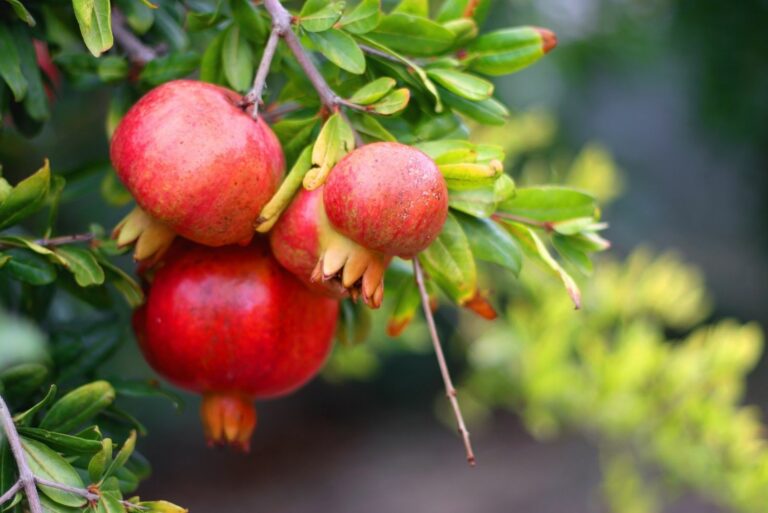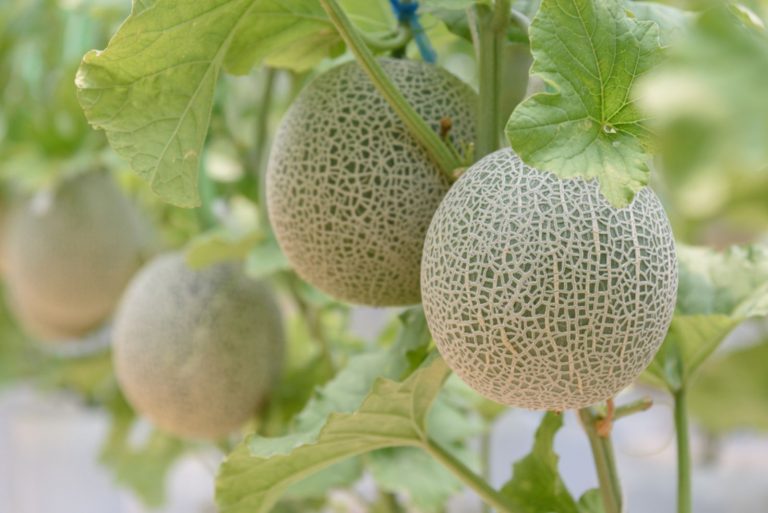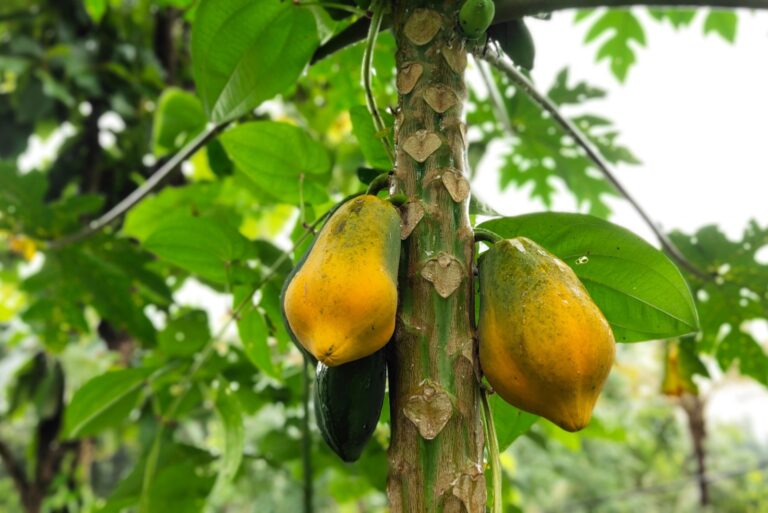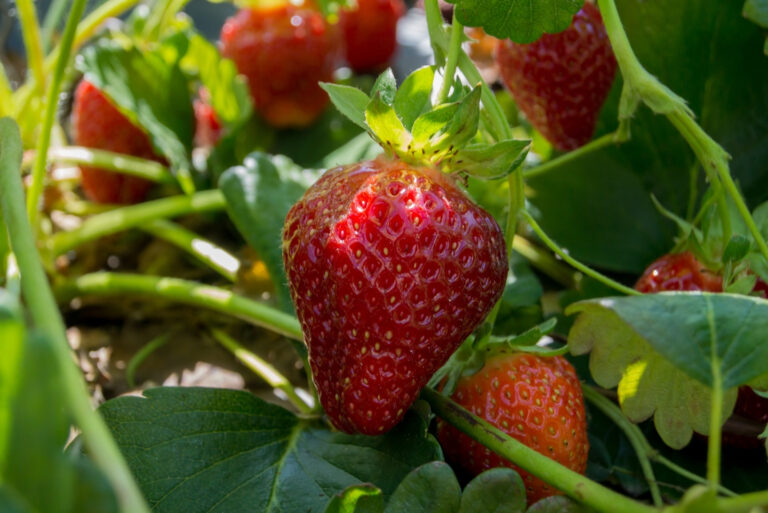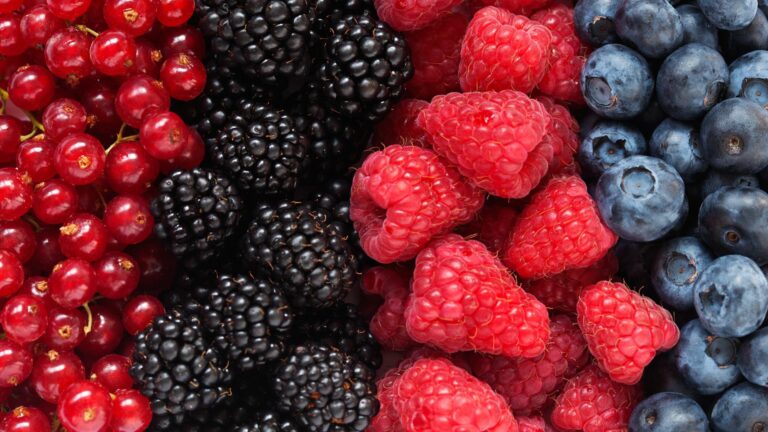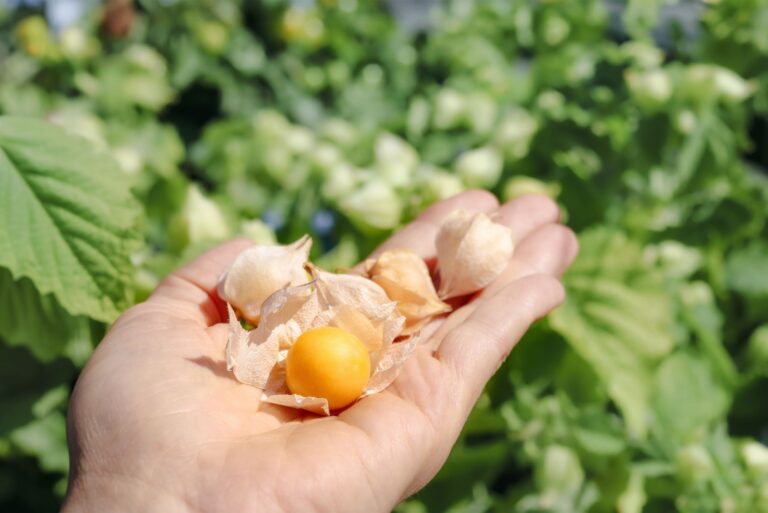11 Fruits Massachusetts Gardeners Can Still Grow From Seed This October
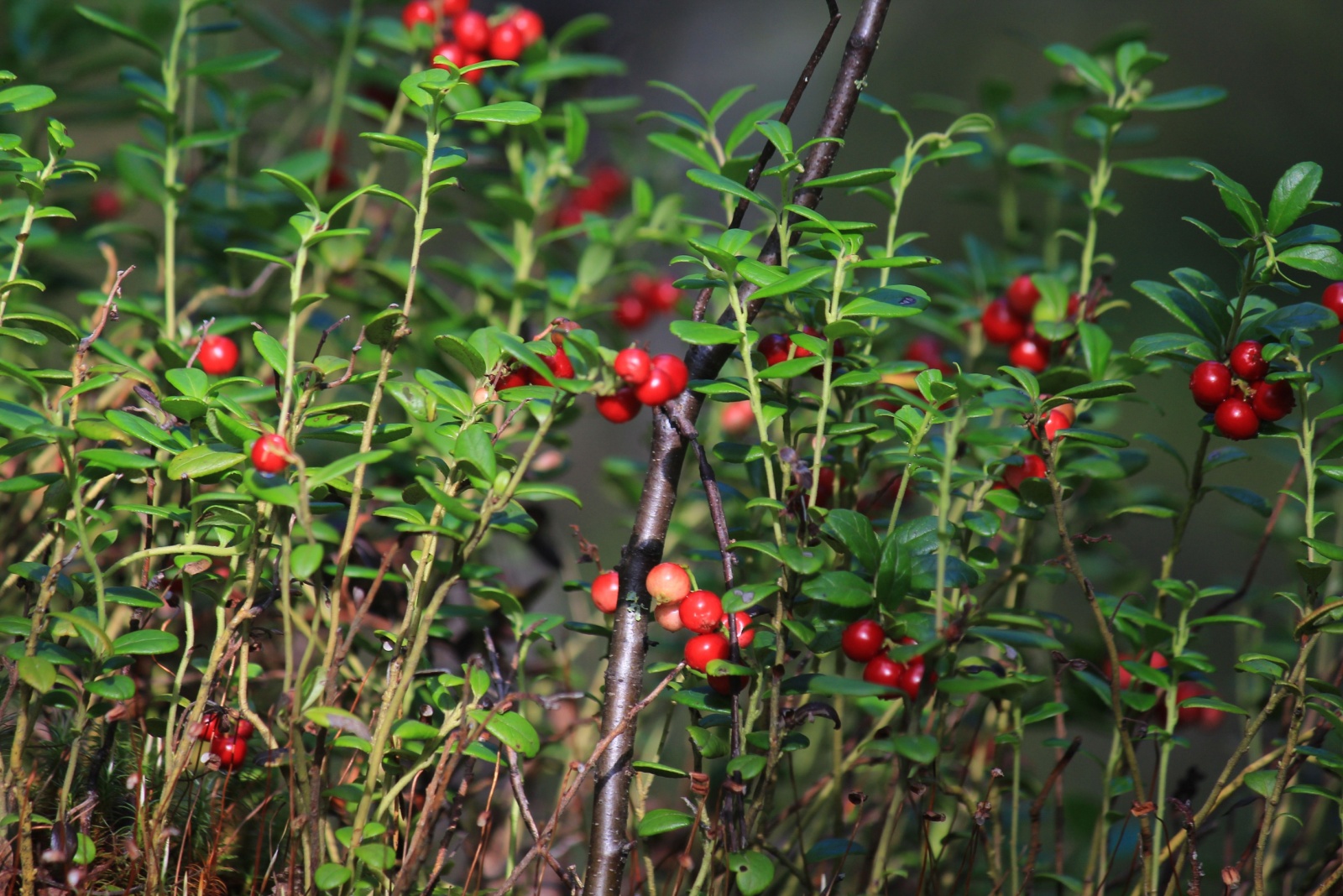
October in Massachusetts might feel like the end of growing season, but plenty of fruit seeds still have time to sprout and thrive.
Cool-season crops and cold-hardy varieties actually prefer fall planting, giving you a head start on next year’s harvest. These fruits can handle the chill and reward your patience with delicious results.
1. Alpine Strawberries
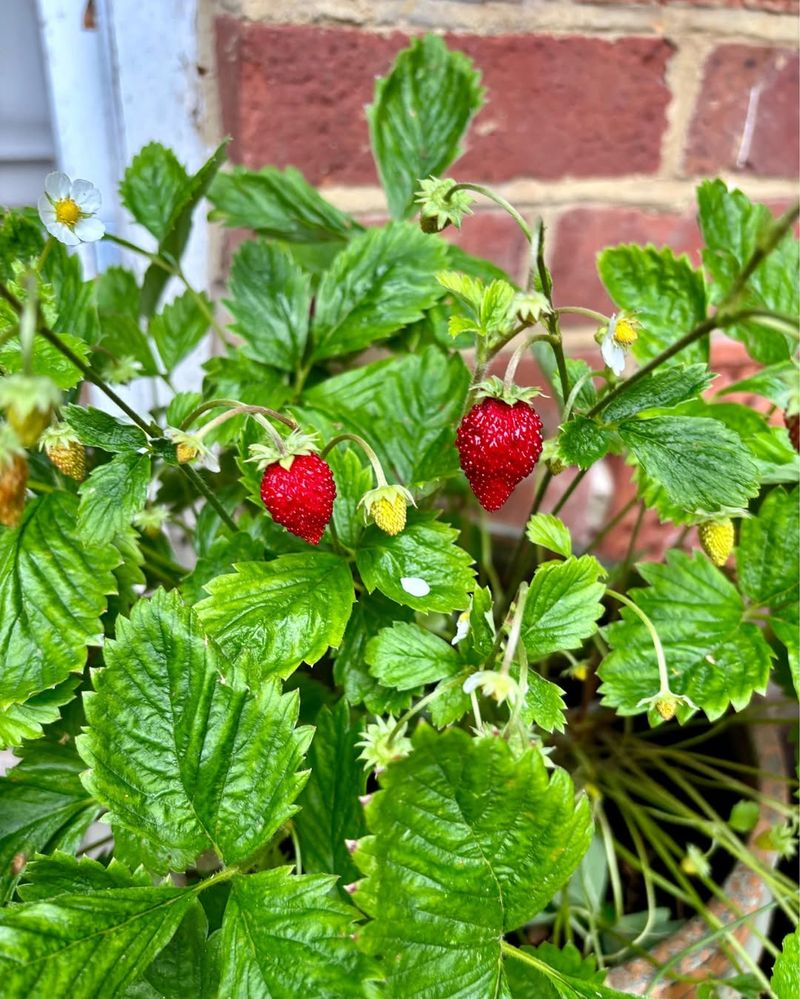
Small but mighty, alpine strawberries pack incredible flavor into tiny packages. Unlike their larger cousins, these berries tolerate cold weather beautifully and germinate well in autumn soil.
Plant seeds in containers or garden beds with rich, well-draining soil. They’ll establish roots during winter and produce sweet berries by early summer. Massachusetts gardeners love them because they’re practically pest-proof and keep producing fruit for months once they start.
2. Hardy Kiwi
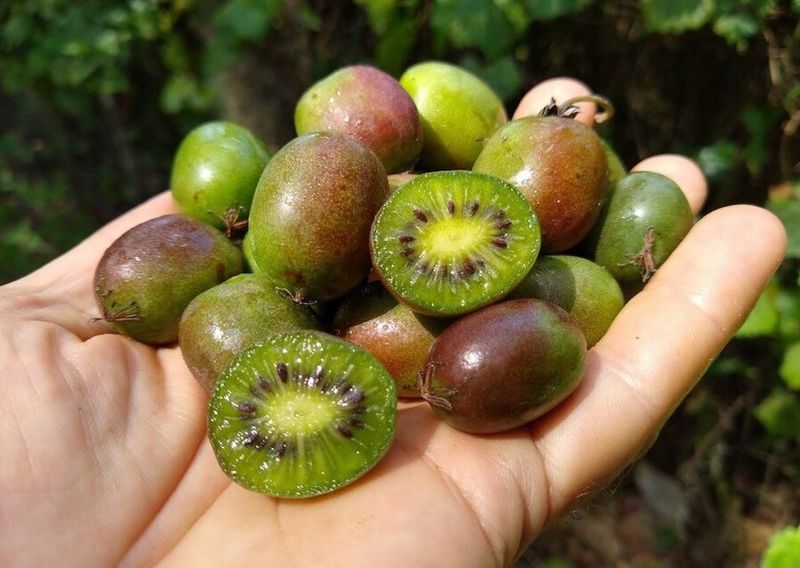
Forget tropical kiwis—hardy varieties survive New England winters without complaint. October planting gives seeds the cold stratification period they need to break dormancy naturally.
These vigorous vines eventually cover fences and trellises, producing smooth-skinned, grape-sized fruits bursting with sweetness. Patience pays off since plants take a few years to fruit, but the wait is absolutely worth it. Massachusetts’s cold winters actually help these plants thrive better than in warmer climates.
3. Currants
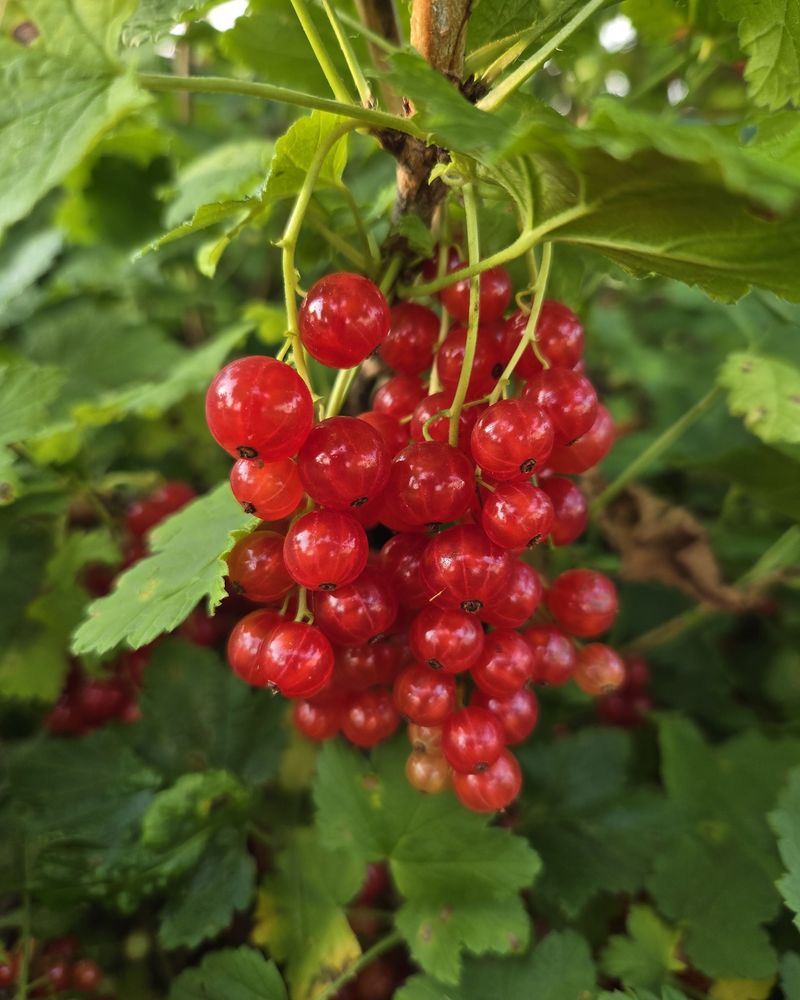
Jewel-toned currants bring elegance to any garden with clusters of red, white, or black berries. Fall seeding works perfectly since these bushes need winter’s chill to germinate properly.
Direct sow seeds in prepared beds or start them in cold frames for protection. Come spring, you’ll see sturdy seedlings ready to grow into productive shrubs. Currants handle shade better than most fruits, making them ideal for tricky garden spots where nothing else seems to work.
4. Gooseberries
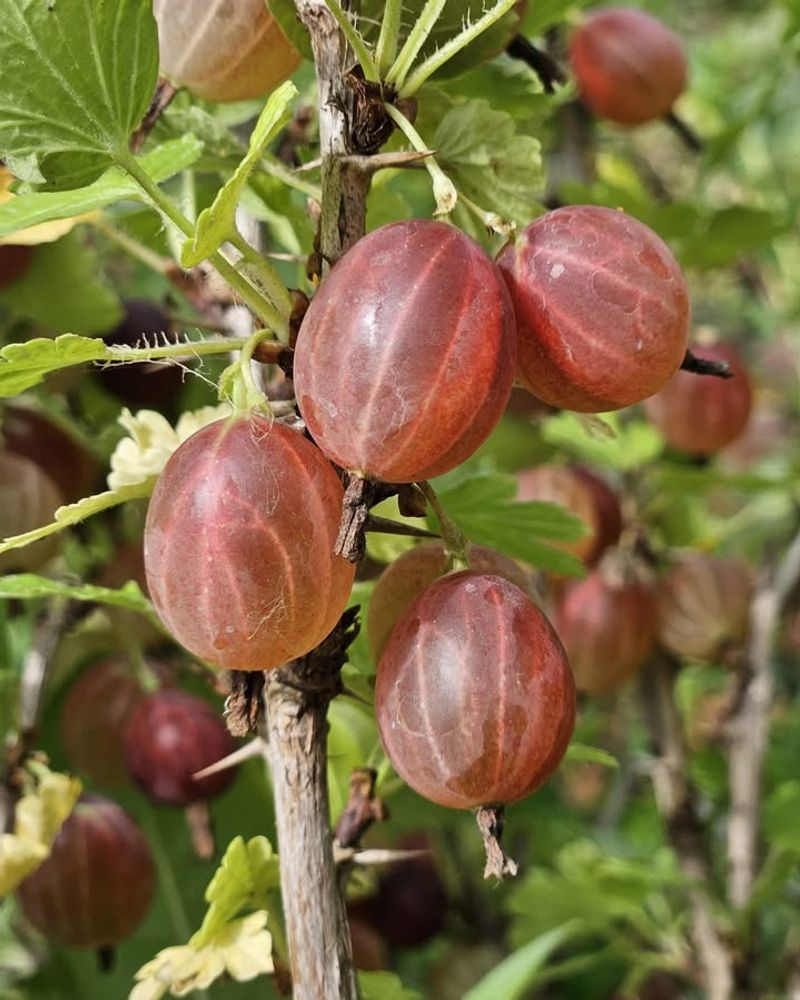
With their tart flavor and impressive hardiness, gooseberries deserve more attention from Massachusetts gardeners. October sowing mimics natural seed dispersal, giving plants exactly what they need to succeed.
These thorny bushes produce translucent berries perfect for pies, jams, and fresh eating once you develop a taste for their unique tang. Seeds need consistent moisture and cool temperatures to sprout. Your autumn-planted gooseberries will develop strong root systems before winter arrives, setting them up for vigorous growth next spring.
5. Elderberries
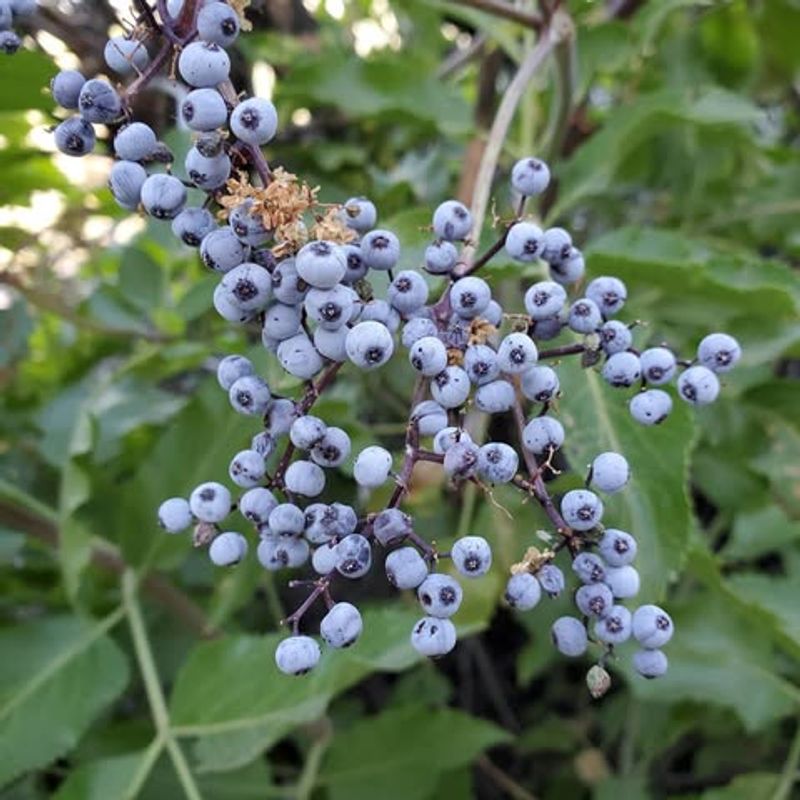
Native to North America, elderberries practically grow themselves once established. Seeds planted now benefit from natural cold stratification throughout Massachusetts winters.
These fast-growing shrubs produce clusters of dark purple berries loaded with antioxidants and perfect for syrups and wines. Birds adore elderberries, so you’ll attract wildlife while growing your own medicine cabinet. The plants tolerate wet soil better than most fruits, solving drainage problems while providing abundant harvests for years to come.
6. Serviceberries
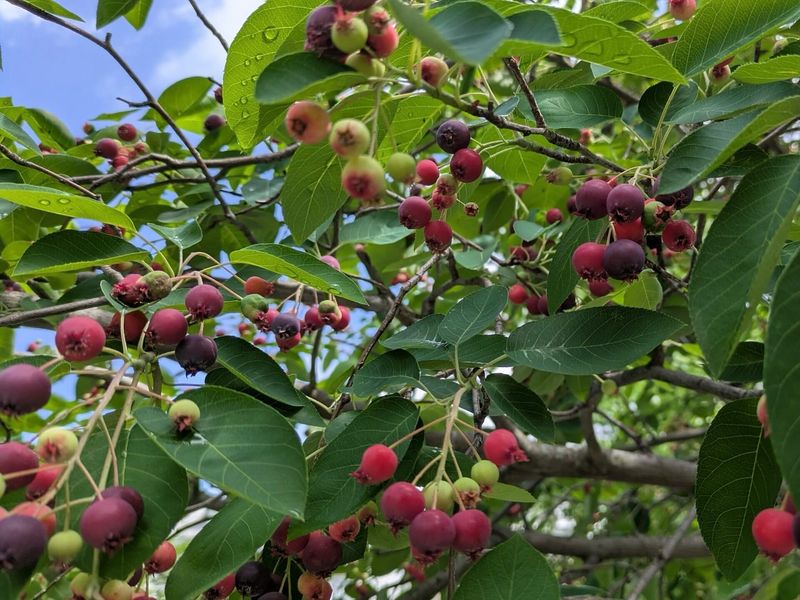
Often called Juneberries, serviceberries offer beautiful spring flowers before producing sweet, blueberry-like fruits. Fall planting gives seeds the extended cold period they require for successful germination.
These native trees adapt to various soil types and handle Massachusetts weather extremes like champions. Wildlife and humans compete for the delicious berries each June, so plant extra! Serviceberries also provide stunning fall foliage, making them valuable landscape plants beyond their edible qualities and ornamental appeal throughout seasons.
7. Wintergreen
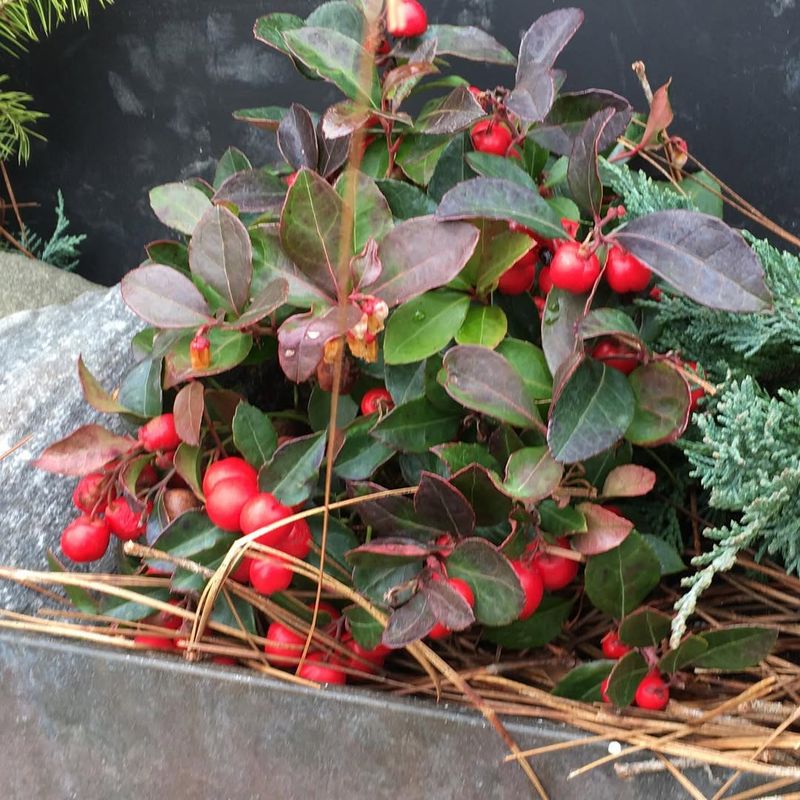
Low-growing and evergreen, wintergreen produces bright red berries with distinctive minty flavor. October seeding works wonderfully since these woodland plants prefer cool, moist conditions found in autumn.
Create a shaded bed with acidic soil rich in organic matter to mimic their natural forest habitat. The glossy leaves stay green all winter, providing year-round interest while berries ripen slowly. Massachusetts gardeners appreciate wintergreen as an edible groundcover that thrives where grass struggles, solving landscaping challenges while producing unique, flavorful harvests.
8. Cranberries
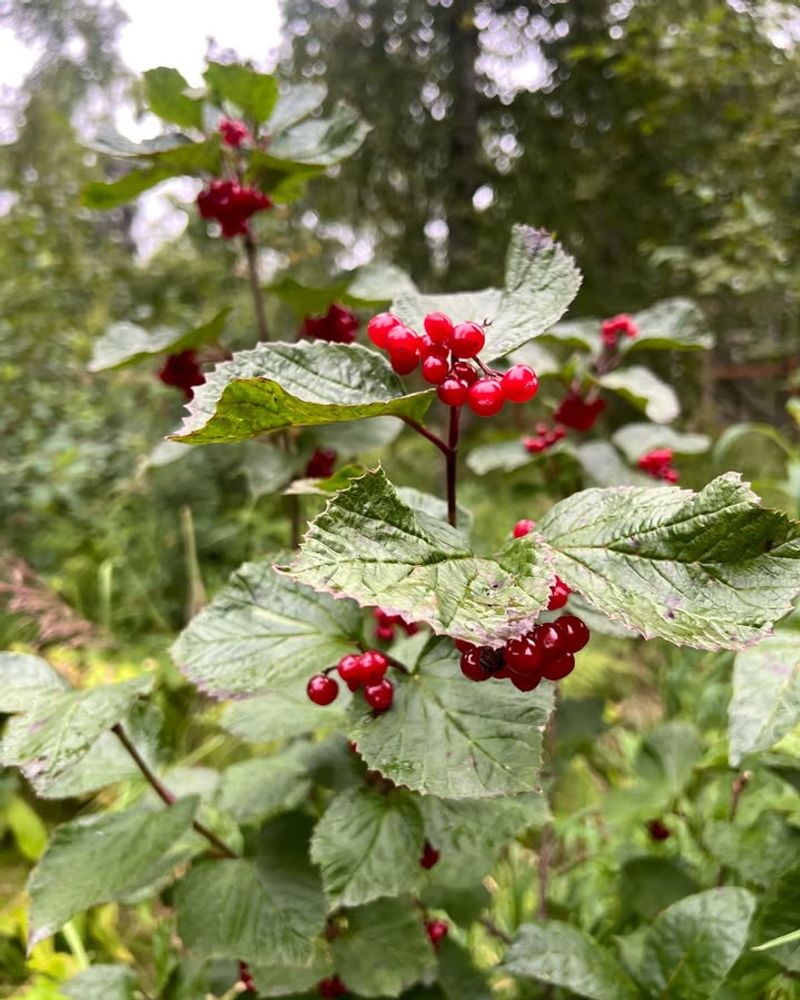
Massachusetts and cranberries are a match made in heaven. These tart berries thrive in the state’s cooler climate and can be started from seed even in October. Cranberries are not just for Thanksgiving. They offer an antioxidant-rich addition to your diet year-round.
Planting them in a container or a small bog can transform your garden into a vibrant sea of red. Cranberries require acidic soil and plenty of water, mimicking their natural wetland habitats.
9. Pawpaw
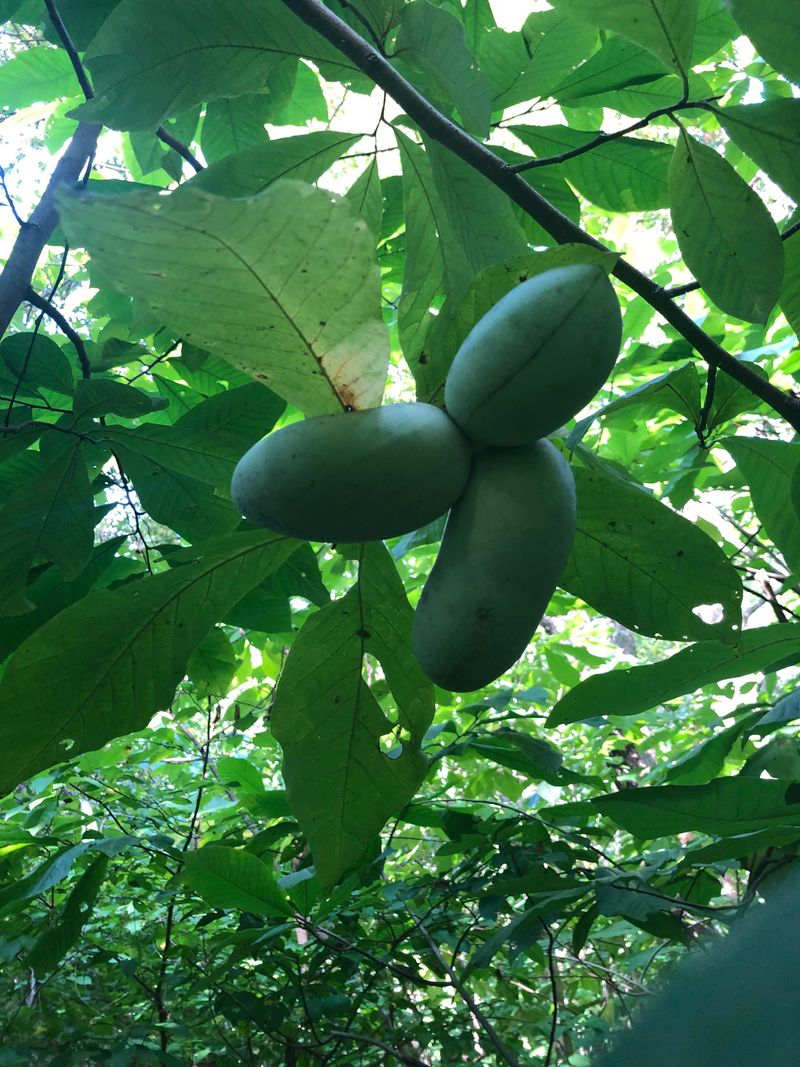
Pawpaws are North America’s best-kept secret. These custard-like fruits can still be planted from seed in October, especially in Massachusetts. Known for their tropical flavor reminiscent of bananas and mangoes, pawpaws are a delightful surprise.
These fruits are naturally hardy and can tolerate the first frosts of the season. Their historical significance is profound; Native Americans cultivated pawpaws for centuries.
10. Seaberries
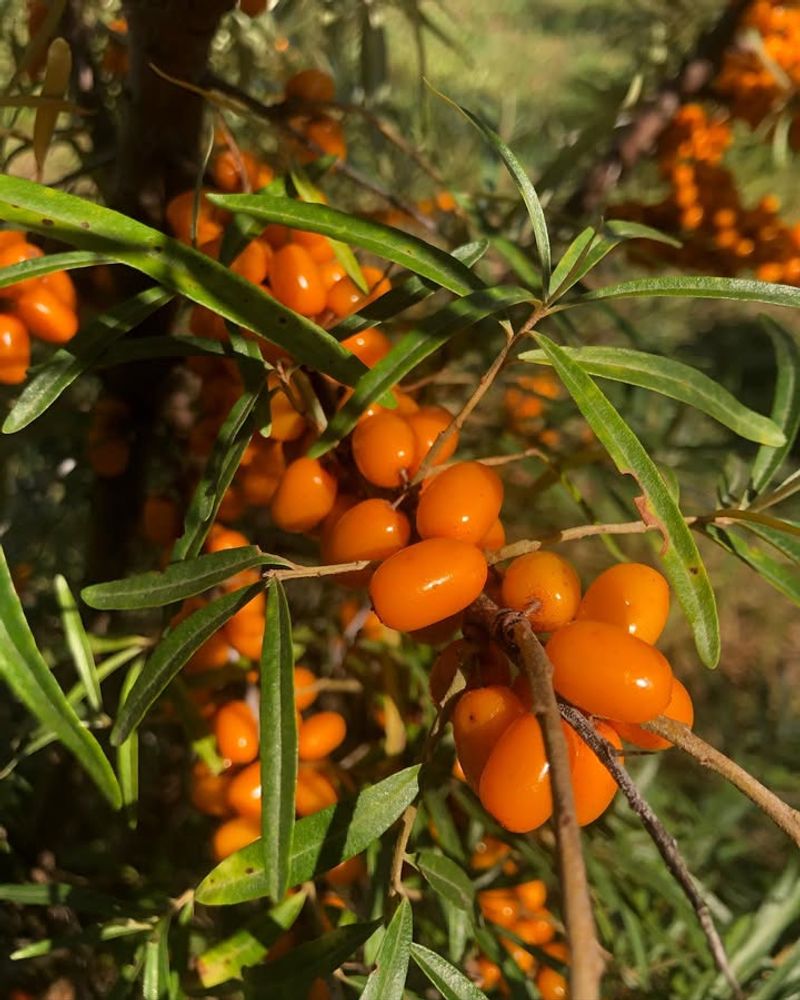
Seaberries, or sea buckthorn, bring a splash of color to any Massachusetts garden. These bright orange berries, rich in vitamin C, are well-suited for fall planting from seed. Originating from the coastal regions of Europe and Asia, seaberries withstand cold weather.
Their tart flavor is perfect for jams and juices, offering a unique taste experience. Seaberries are not only edible but also beneficial for skin health.
11. Lingonberries
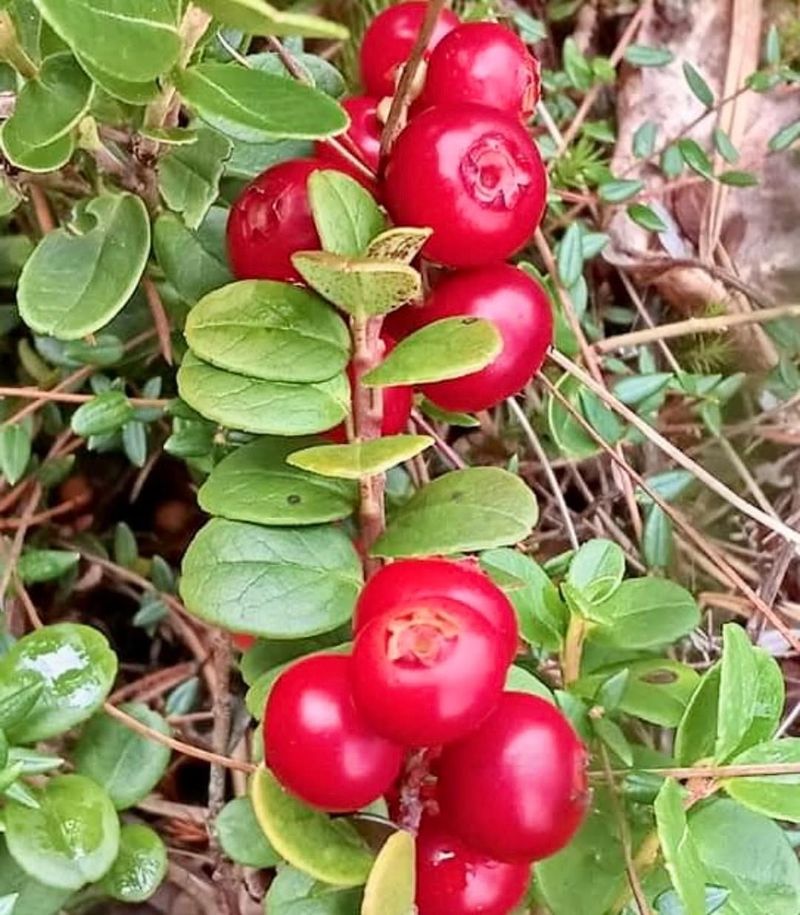
Lingonberries are a beloved staple in Nordic countries, and they adapt well to Massachusetts gardens. These small, red berries can be started from seed in October. They thrive in acidic, well-drained soils, making them compatible with the local environment.
Lingonberries are perfect for making preserves and sauces, offering a distinct flavor. Their evergreen nature adds year-round beauty to gardens.

